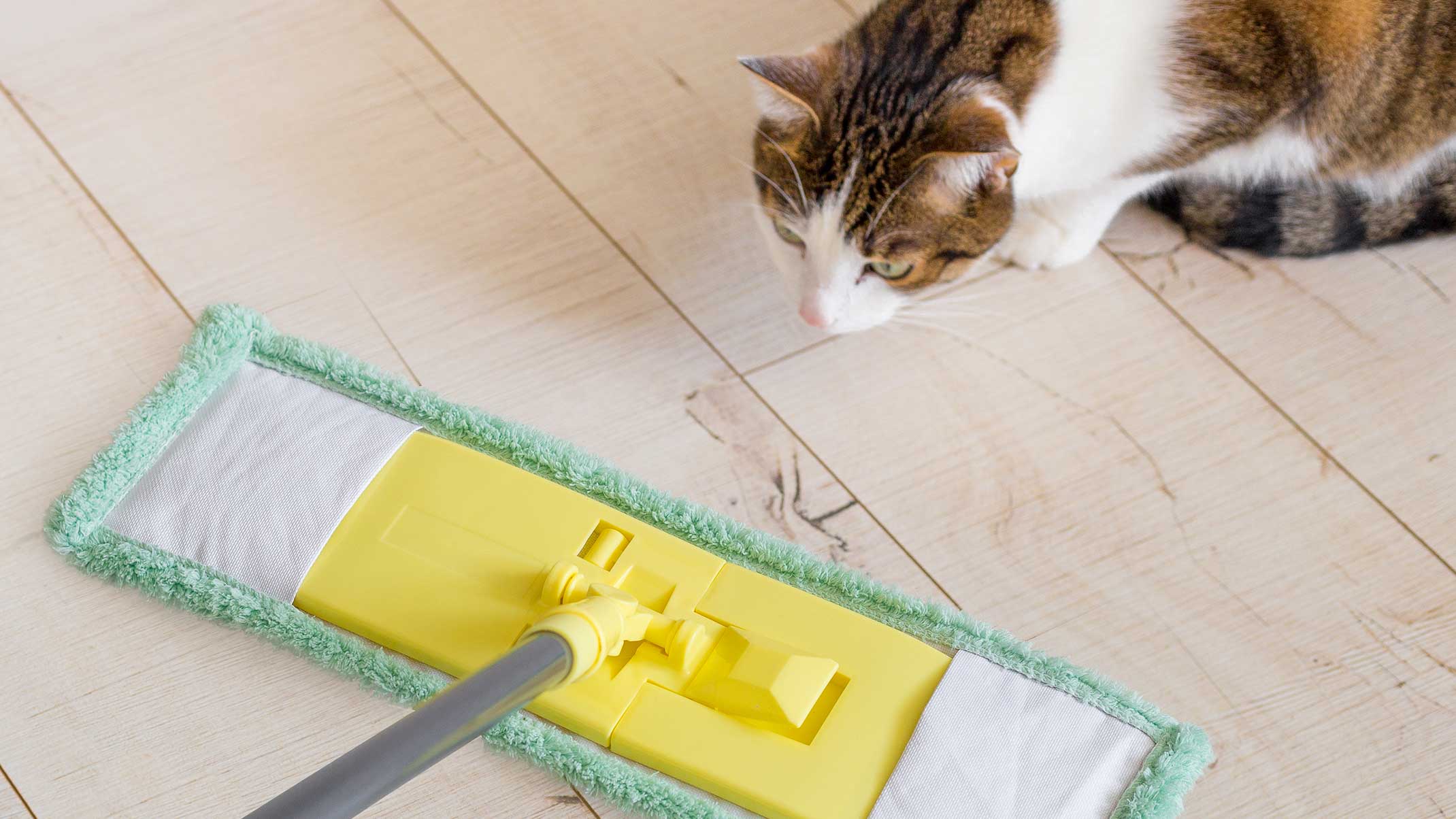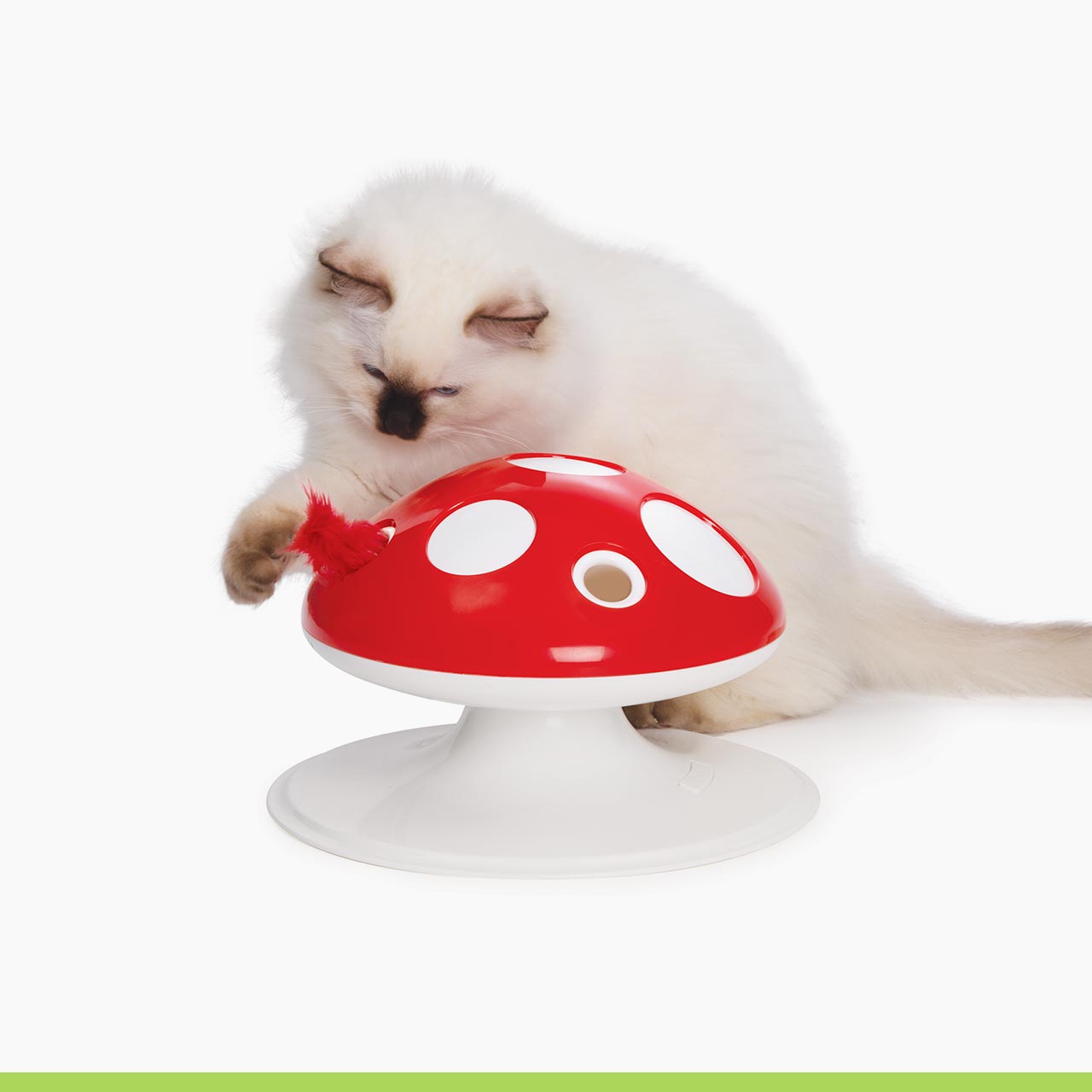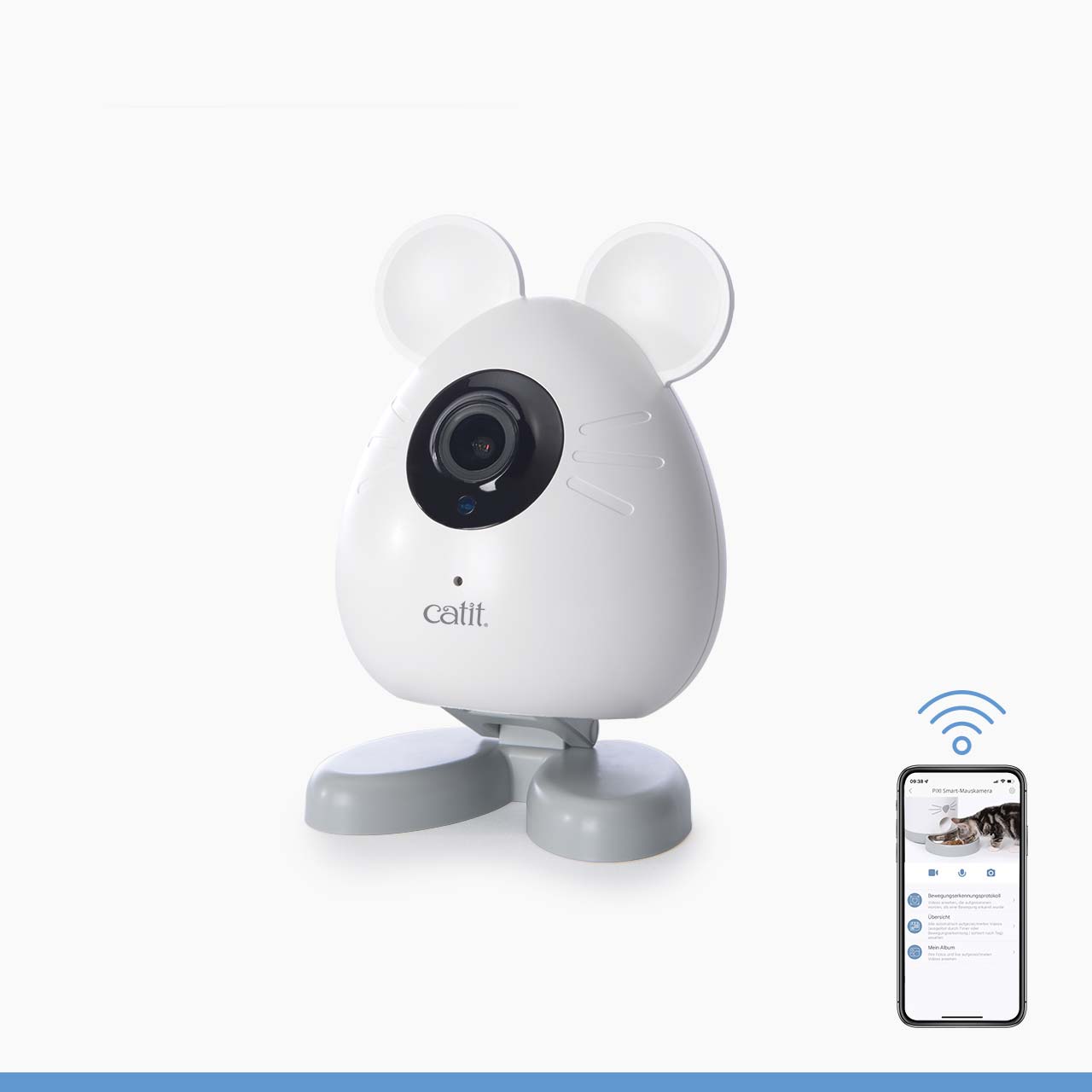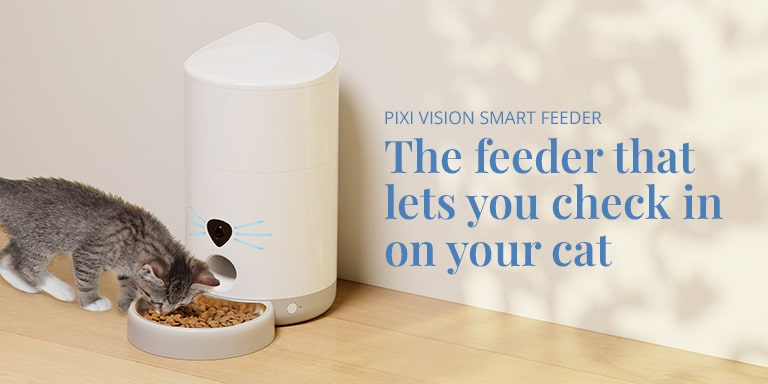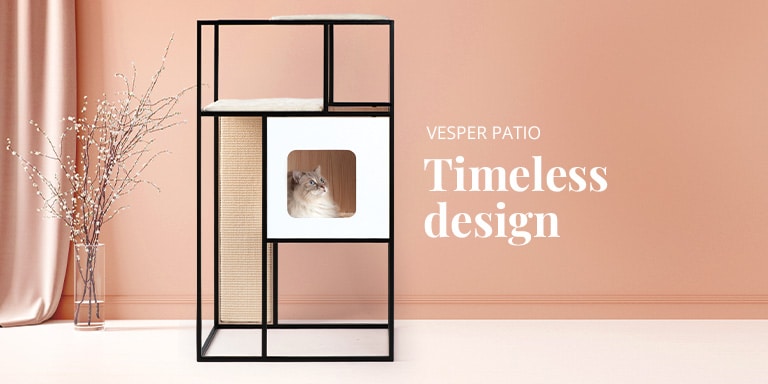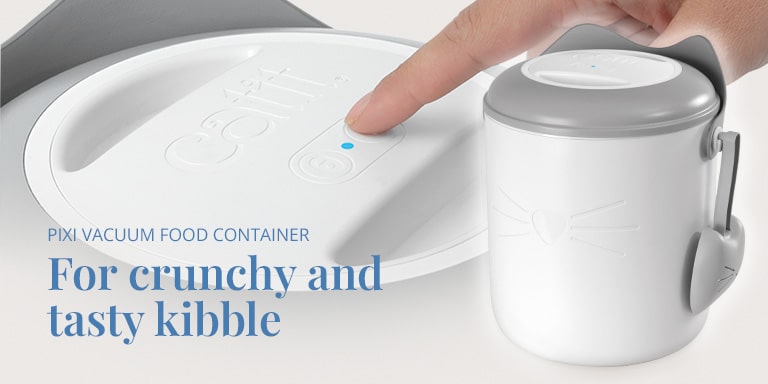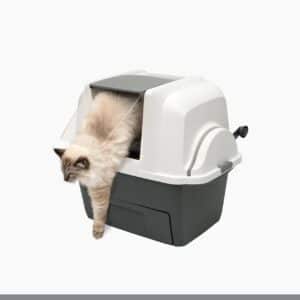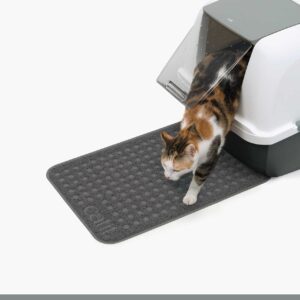In this article
Environmental triggers
Cats are quintessential creatures of habit. As a result, seemingly insignificant changes can have a big impact on how they feel. We explain which environmental factors can cause your cat to stop using their litter box.
New type of cat litter
Most cats prefer dust-free, clumping litter as it keeps their paws clean and doesn’t irritate their sensitive nose. When you abruptly switch to a new type of litter, your cat might refuse to use their litter box any longer. Check out our step-by-step guide on how to get your cat used to a new type of kitty litter so you can prevent stinky surprises around the house.
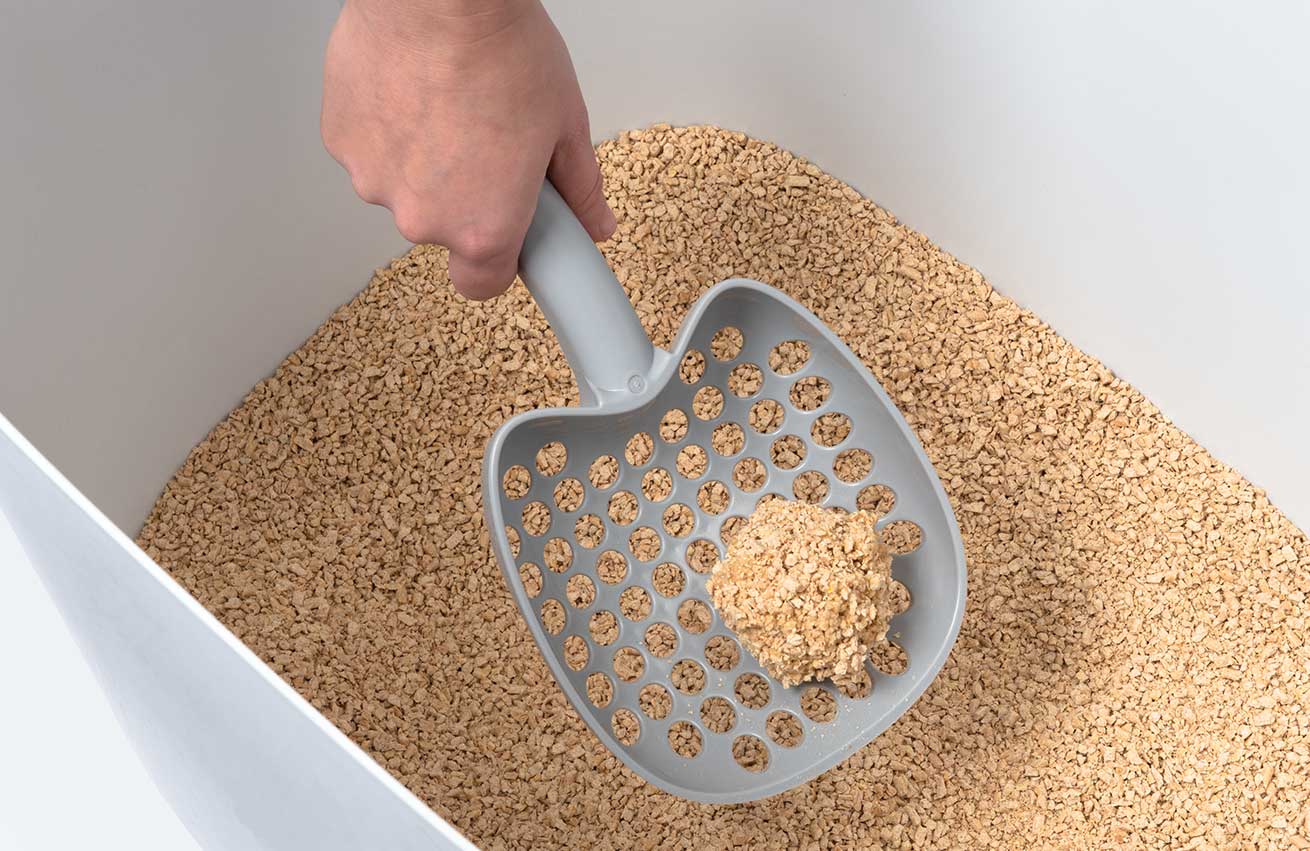
Dirty litter box
Like humans, cats prefer a clean toilet over a dirty one. If their litter box isn’t scooped often enough, cats will refuse to use it any longer, doing their business elsewhere. Make sure to scoop the litter box daily and to completely clean it at least once a week.
Lack of security
Cats feel vulnerable when doing their business, as they can’t simply run off while in the middle of it. Make sure that your cat’s privacy is respected when they are inside their litter box by keeping nosy toddlers and intrusive dogs at bay. The easiest way to do so by placing the litter box out of reach of any obnoxious trespassers.
Too few litter boxes
If you have multiple cats, make sure you also have multiple litter boxes. The general rule is one litter box per cat, plus one extra. This means that if you have three cats, you need at least 4 litter boxes in your home to make sure your cats are comfortable.
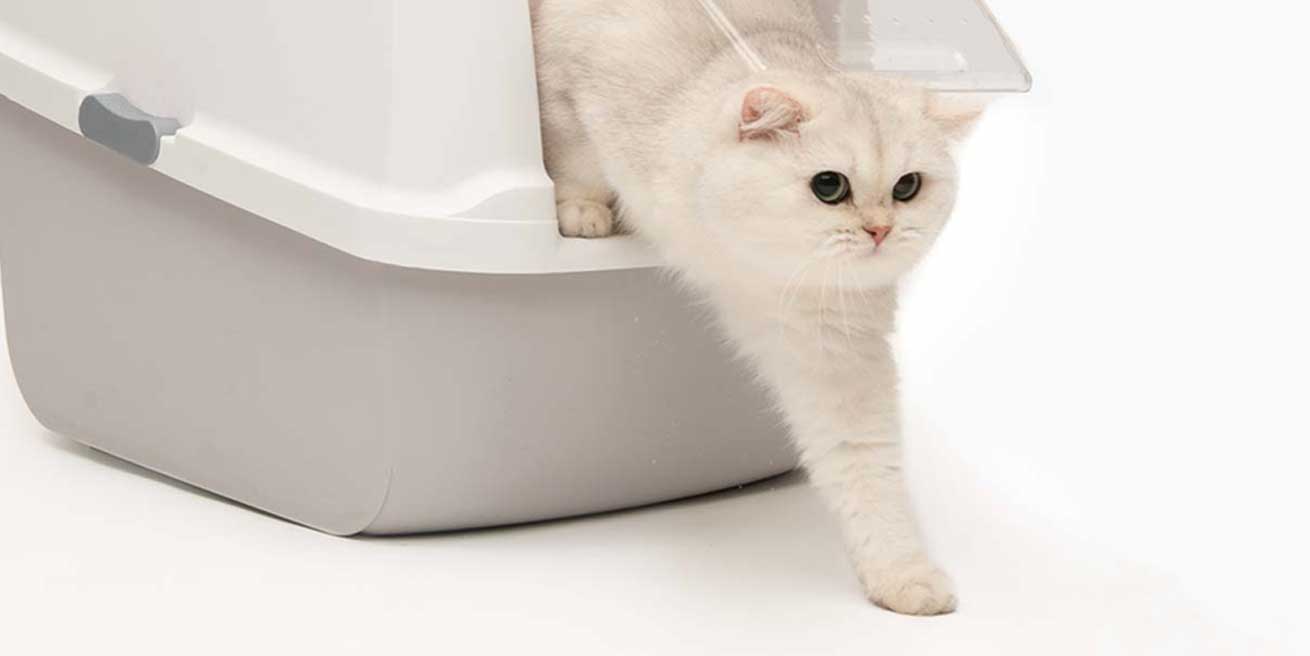
Scent marking
Some cats will spray urine around the house to mark their territory. This is not the same as cats refusing to use their litter box altogether. Spraying cats will still use the litter box, but in addition they will deposit urine marks on vertical surfaces all around the house. Read our dedicated blog post on spraying to learn more and find the right solution for your cat.
Medical triggers
Rather than being caused by environmental factors, the sudden change in your cat’s behavior might be triggered by medical issues. If you suspect your cat suffers from health problems, please contact your vet.
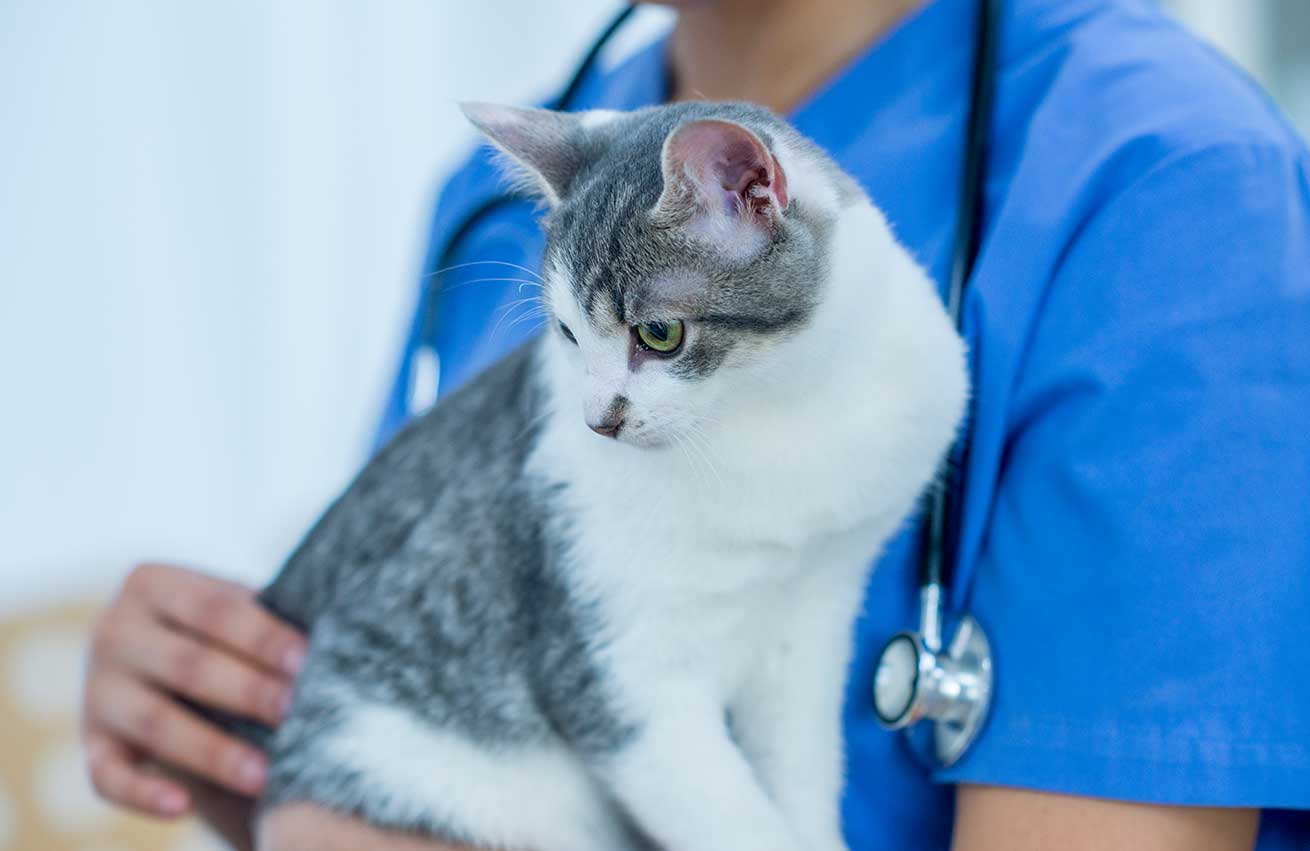
Urinary tract infections
If you notice that your cat enters the litter box a lot more often than usual, only peeing small amounts at a time, you should be suspicious of a urinary tract infection. Cats with a UTI might also pee outside the litter box, but only because the poor animal feels a constant urge to urinate. If you notice these or other symptoms of a urinary tract infection, please contact your vet.
Urinary blockages (act immediately!)
Cats that suffer from a urinary blockage will constantly try to urinate. They will squat down pretty much continuously but nothing will happen as their urethra is blocked. This is a life-threatening emergency that mostly happens in male cats and needs immediate veterinary care. If you see your cat straining when they try to pee, rush them to the vet right away.
Painful joints or muscles
Just like humans, cats tend to get a little stiff as they age. Entering and exiting the litter box can be painful for cats with arthritis or other musculoskeletal issues. The solution is simple: look for a cat pan with low sides so your cat can get in and out with ease. Cats with arthritis will be more comfortable in a litter box that isn’t filled too high up with litter, so consider adding a thinner layer than you used to.
